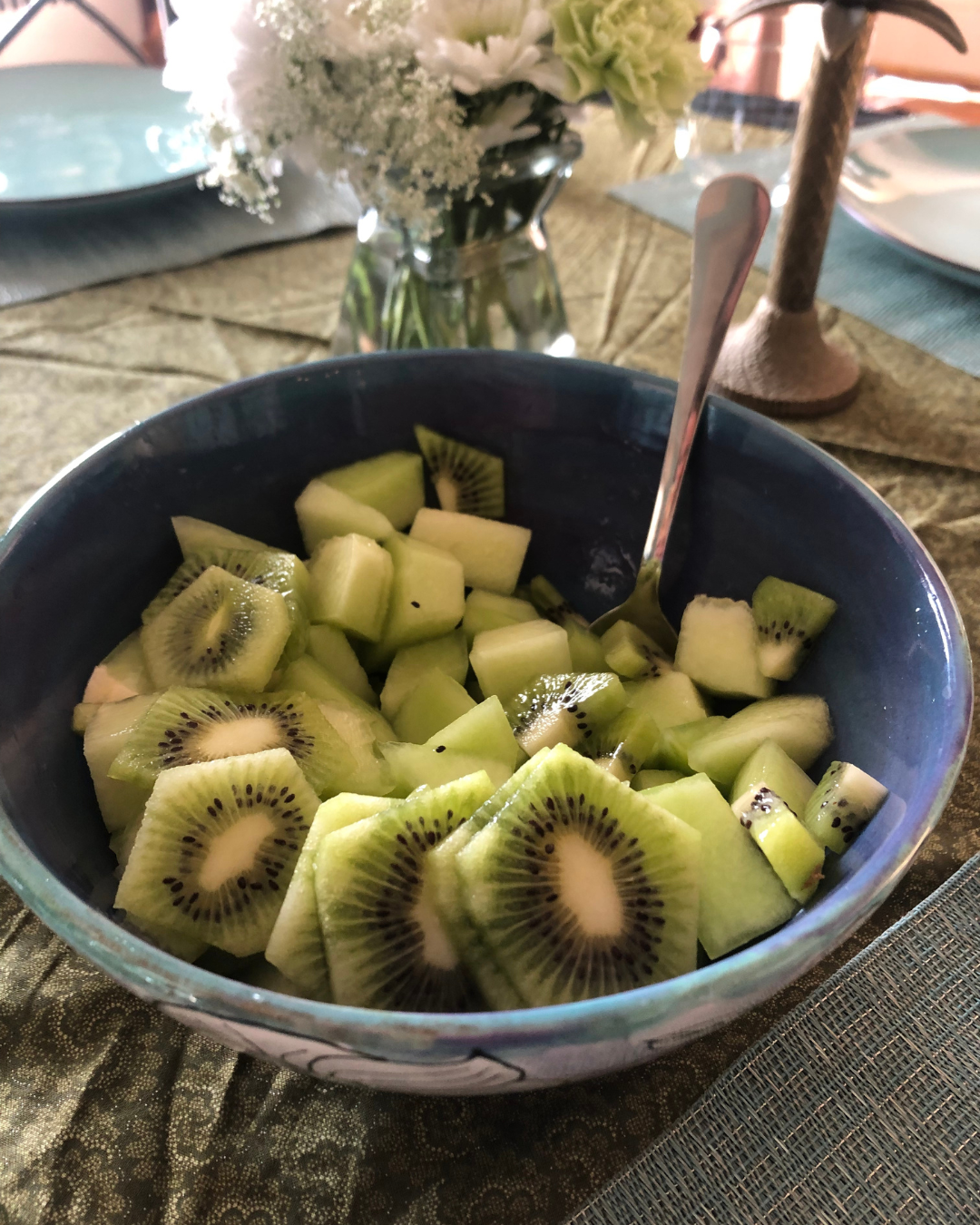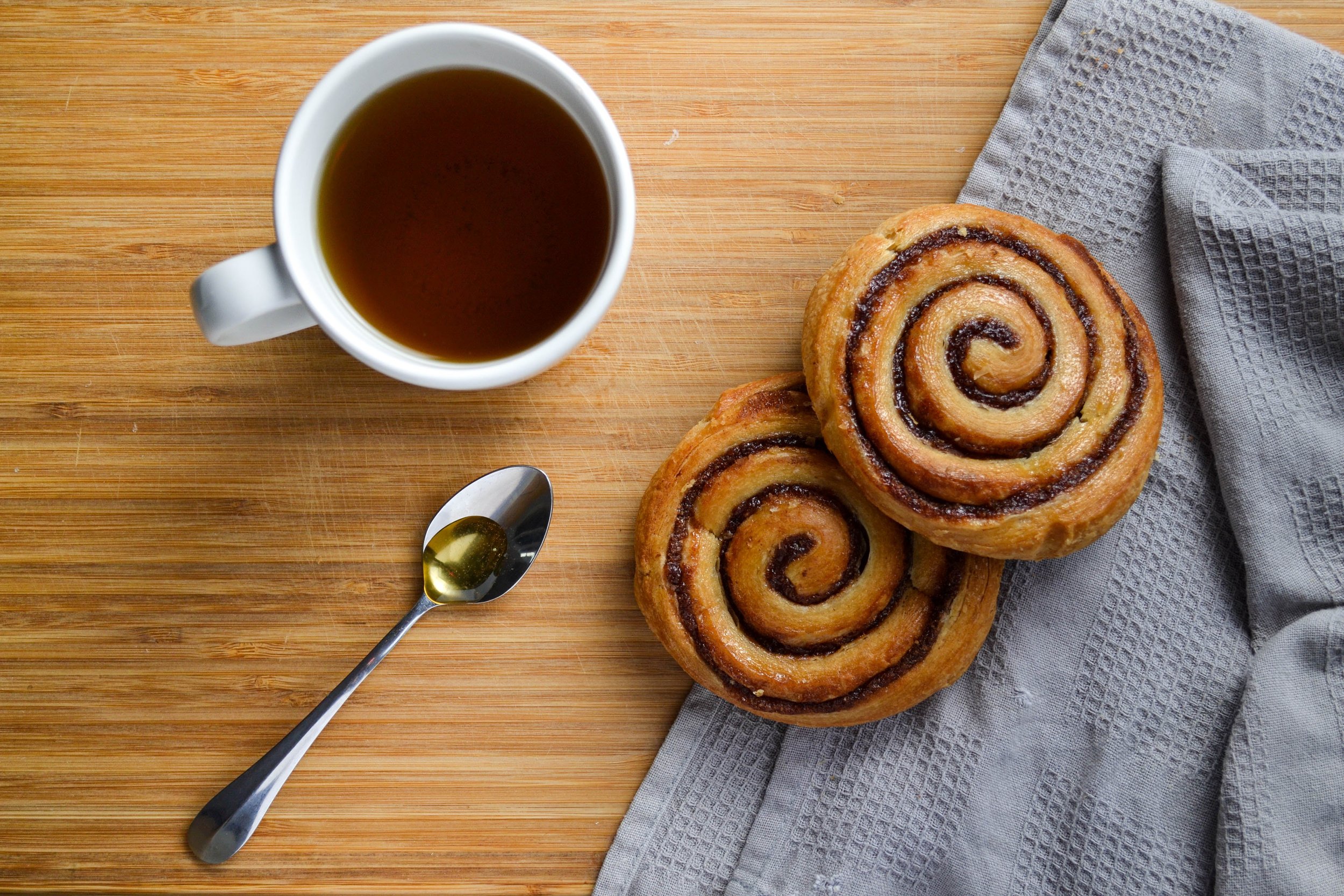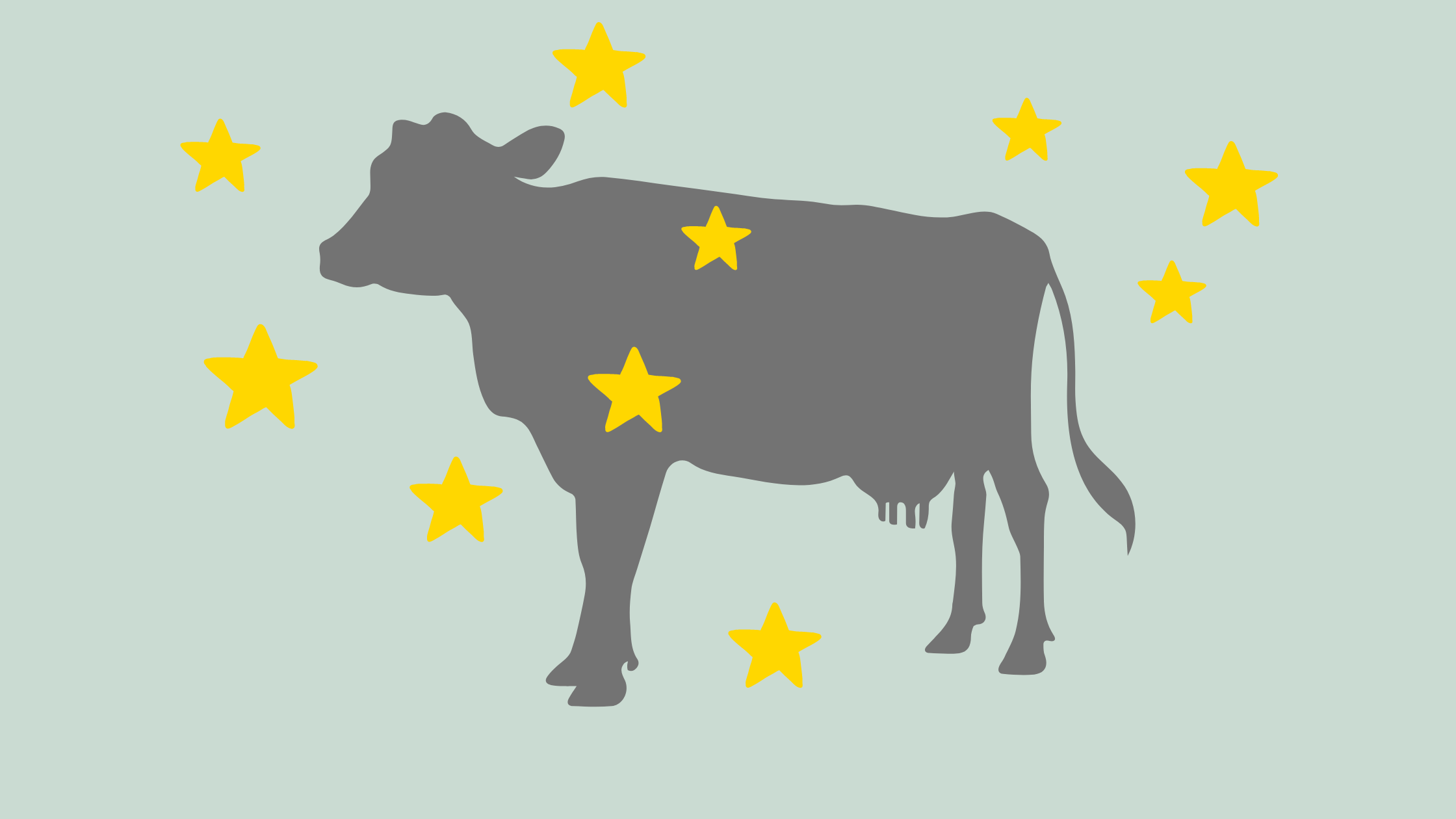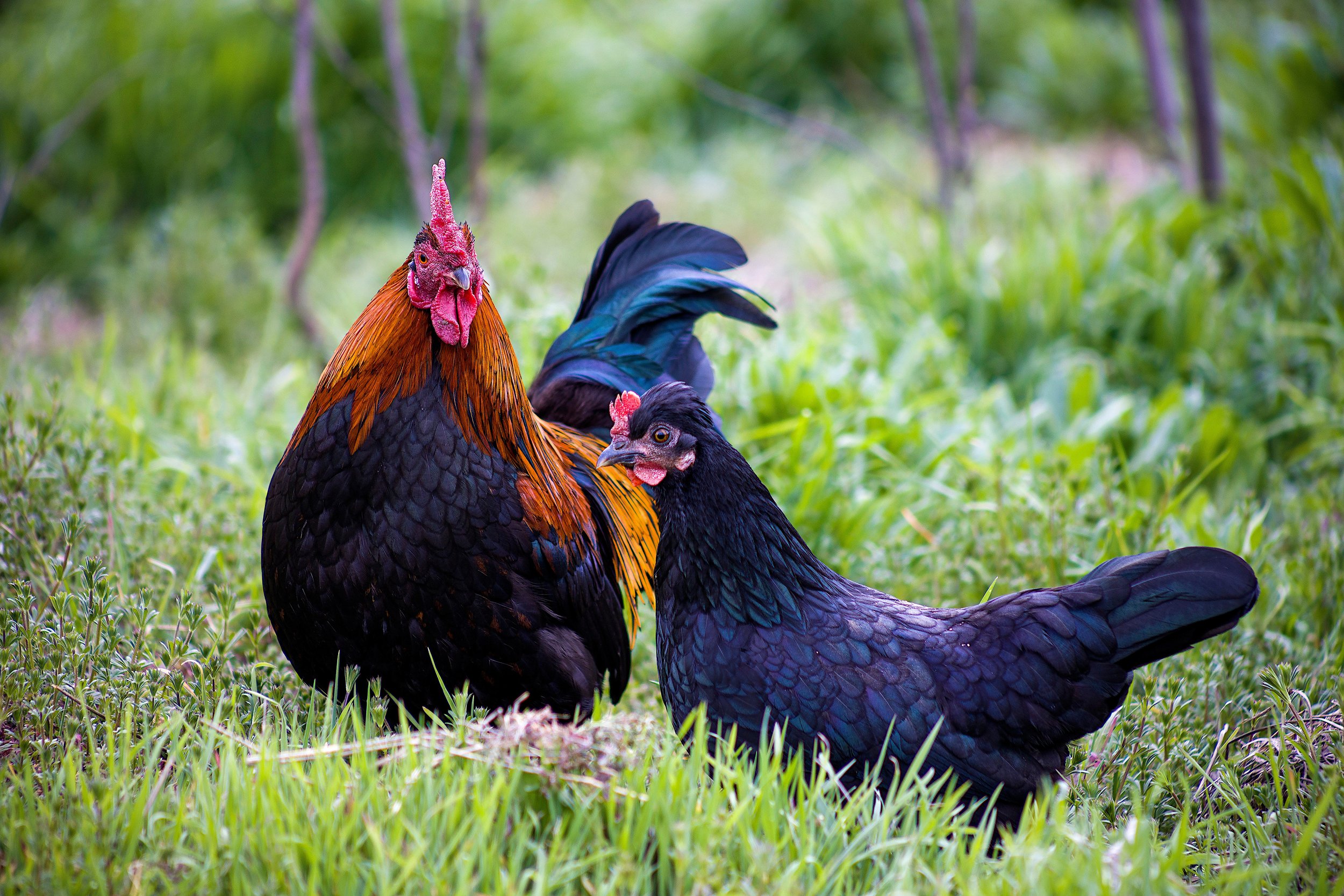This sermon was given by Senior Fellow Bianca Rati at the 2023 CreatureKind Holy Week service. You can watch the whole service here.
Hello everyone, good morning, good afternoon, or good evening wherever you are!
I would first like to thank CreatureKind for inviting me to speak on such a special occasion as Holy Week. Easter has always been my favorite holiday. I’m very honored.
Hours before his death, Jesus sat at the table with his friends and had dinner with them. I invite you to read with me a portion of their talk in Luke 22:19-20:
And he took bread, gave thanks and broke it, and gave it to them, saying, "This is my body given for you; do this in remembrance of me." In the same way, after the supper he took the cup, saying, "This cup is the new covenant in my blood, which is poured out for you.”
I've been thinking a lot about bodies lately. The reason for this is because this is the theme for a year-long investigation in the podcast that I produce. And the body is a very difficult topic. At first glance, it looks like it will be easy. After all, everyone has a body, and it is our interaction interface in the world. But the truth is that body is not just our shell. It's who we are.
I believe that Easter is perhaps the Christian holiday that we think about the body the most. There's a song by The Many that hasn't gotten out of my head for the last few weeks. It’s called “Broken Body of Christ.” I kept thinking a lot about this body — broken, wronged, violated.
Another memory that wouldn't leave my mind was a 2020 Carnival parade, from a samba school in Rio de Janeiro, called Mangueira. Amidst a growing trend in fundamentalist evangelicalism, the samba school decided to imagine who Jesus would be if he were born in Brazil. One of the most striking images in the parade is this allegory of Jesus as a Black boy killed by police violence. In the samba, Jesus sings:
Did everyone understand my message?
Because, again, they have studded my body
The Prophets of Intolerance
Not knowing that hope
Glows brighter in the dark
There is no future without sharing
And there is no messiah with a gun in his hand
Curiously or not, Easter is also the Christian holiday in which the figure of an animal is very present, with the lamb as an allegory of Jesus. We recognize and relate the suffering of the body of this non-human animal to the suffering of the Body of Jesus. And as I continued to think about Christ's broken body, I continued to remember [animal] bodies that are being broken by injustice.
I said that Easter has always been my favorite holiday. But it was just in recent years that I have realized how much I was taught this story with a very individualistic interpretation. I was taught that Jesus died for my sins, that I helped kill Jesus, that I need to repent and change, that Jesus triumphed over death as a superhero for me. And I've always been bothered by Jesus's passivity in the face of death — or at least that's what it looked like — that he was passive in that situation. But Jesus was not passive. He was a framed prisoner sentenced to die by an imperialist and fundamentalist State.
The supposed “passivity” of Jesus's death shows us what injustice looks like. What injustice does to our bodies. God decided to have a body, and when They incarnated, They experienced what beings who inhabit marginalized places and bodies — that are being broken by the systems of white supremacy, capitalism, colonialism, racism, fundamentalism, misogyny, LGBTQIA-phobia, and speciesism — experience.
The truth is, we Christians are in the business of broken bodies. We are not pursuing individual greatness, we are pursuing collective justice. Real and lasting liberation is not the memory of a glorious past but a task carried out by broken bodies that build the future. This calling for justice inhabited the body of God incarnate on the cross and resurrection, and today inhabits the body of Christ as Their Church.
In the conversation that Jesus had with his friends at dinner, he said to them, “Pay attention to my body.” Individualistic interpretations of the Easter story prevent us from perceiving how [such injustice] is repeated in marginalized bodies today. These [individualistic] interpretations fill us with guilt and shame, but they don't propel us to challenge the systems that allow for their repetition.
The tradition of the Eucharist is a ritual to not only remember what injustice does to our bodies but also that in our communities we are collectively linked to the bodies of each other. That the food, the values, and the beliefs we share connect us deeply. To the point that there is no option if not to care for each other.
And that's why Jesus's resurrection should not be about individualistic triumph, but rather a demonstration of life prevailing in our broken bodies through a caring community of friends. For example, when the group of women who supported the ministry of Jesus decided, even in the midst of grief, to take care of the dead body of their friend one more time, they discovered before any men that he was alive. And then, when the men didn’t believe the women, Jesus appeared and showcased his disabled body, [teaching] the men to believe the women’s words. This group of friends, this chosen family, that were broken by injustice, they [did] lament, grief, eat, talk, rebuild, and believe together.
Because life shines the light of hope between the cracks in our broken bodies, I invite you to embrace our broken bodies. I invite you to continue to stand for broken bodies. I pray that as a community of friends who follow Jesus, we always keep that in mind.
Thank you for listening.

















